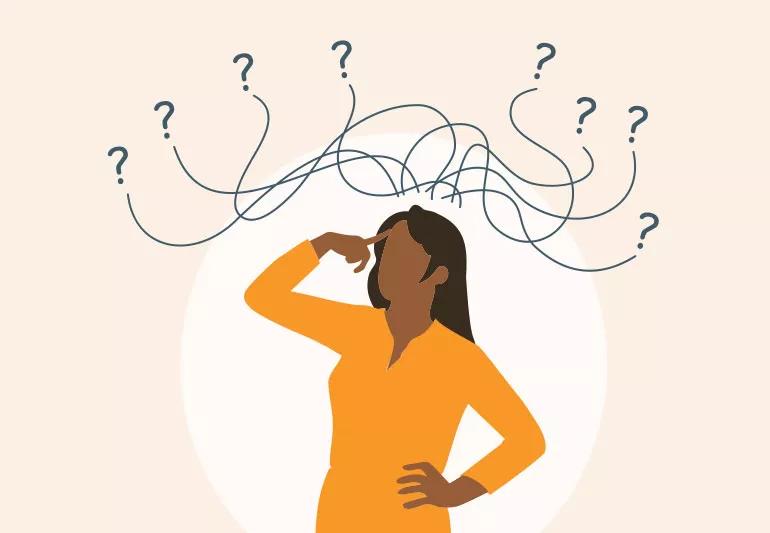Psychology, the study of the mind and behaviour, is filled with fascinating insights that help us understand ourselves and others better. Over the years, psychologists and researchers have uncovered numerous psychological facts that have profound implications for our daily lives. From the placebo effect to social loafing, these discoveries shed light on why we think, feel, and act the way we do. In this blog, we will delve into the top 10 psychological facts, exploring their history and providing detailed explanations to enhance your understanding of human behaviour.
- Blogs
- Psychology
- Top 10 Psychological Facts Explained 665eb8f7bdccdd0001d2fe08
Top 10 Psychological Facts Explained
Psychology • 4 Jun, 2024 • 27,837 Views • ⭐ 1.0
Written by Shivani Chourasia

The Placebo Effect
The placebo effect, first documented in the early 20th century, refers to the phenomenon where patients experience real improvements in their condition after receiving a treatment with no therapeutic value. The term "placebo," derived from Latin meaning "I shall please," was first used in the medical context in the 19th century. However, it was during World War II that the placebo effect gained significant attention. Dr. Henry Beecher, an anesthesiologist, observed that wounded soldiers reported pain relief after receiving saline injections, believing they were receiving morphine.
The placebo effect works primarily through the power of belief and expectation. When a patient believes that a treatment will work, their brain releases endorphins and other chemicals that can mimic the effects of actual medical treatments. Numerous studies have demonstrated the placebo effect across various conditions, including pain management, depression, and even Parkinson's disease. The effect highlights the mind's powerful influence on the body and underscores the importance of psychological factors in medical treatment.
Cognitive Dissonance

Cognitive dissonance, a theory developed by Leon Festinger in the 1950s, describes the discomfort individuals feel when they hold conflicting beliefs or engage in behaviour that contradicts their beliefs. Festinger's seminal work on cognitive dissonance began with a study of a doomsday cult. Despite the failure of their predicted apocalypse, the cult members strengthened their beliefs to reduce the dissonance between their expectations and reality.
Cognitive dissonance occurs because holding contradictory beliefs creates psychological tension. To alleviate this discomfort, individuals often change their beliefs, justify their behaviour, or downplay the importance of conflicting information. This theory explains a wide range of human behaviours, from rationalizing poor decisions to maintaining unhealthy habits. Understanding cognitive dissonance can help individuals recognize and address the biases that influence their thinking and behaviour.
The Halo Effect

The halo effect, first identified by psychologist Edward Thorndike in the 1920s, refers to the tendency for our overall impression of a person to influence our judgments about their specific traits. Thorndike's initial research involved rating military officers, where he found that positive evaluations of one characteristic (e.g., physical appearance) led to favourable assessments of unrelated attributes (e.g., leadership ability).
The halo effect occurs because our brains are wired to make quick judgments based on limited information. When we perceive someone positively in one area, we are more likely to assume they possess other positive qualities. This cognitive bias affects various aspects of life, including hiring decisions, academic evaluations, and personal relationships. Recognizing the halo effect can help us make more objective assessments and reduce unfair biases.
Confirmation Bias

Confirmation bias, the tendency to search for, interpret, and remember information that confirms our preexisting beliefs, has been studied extensively since the early 20th century. Psychologists Peter Wason and Richard S. Nickerson conducted pioneering research on this bias in the 1960s, demonstrating how people tend to favour information that supports their hypotheses while disregarding contradictory evidence.